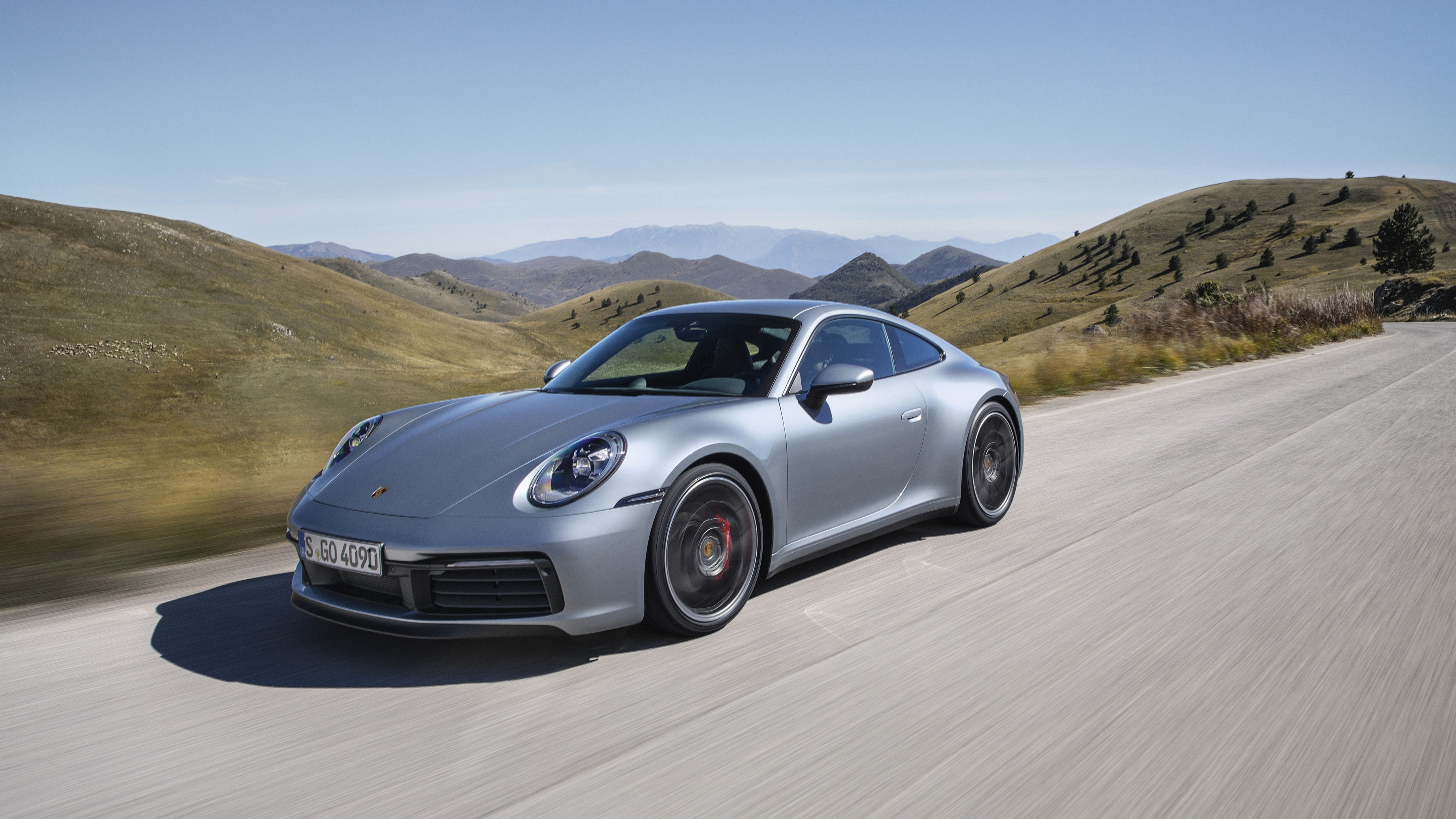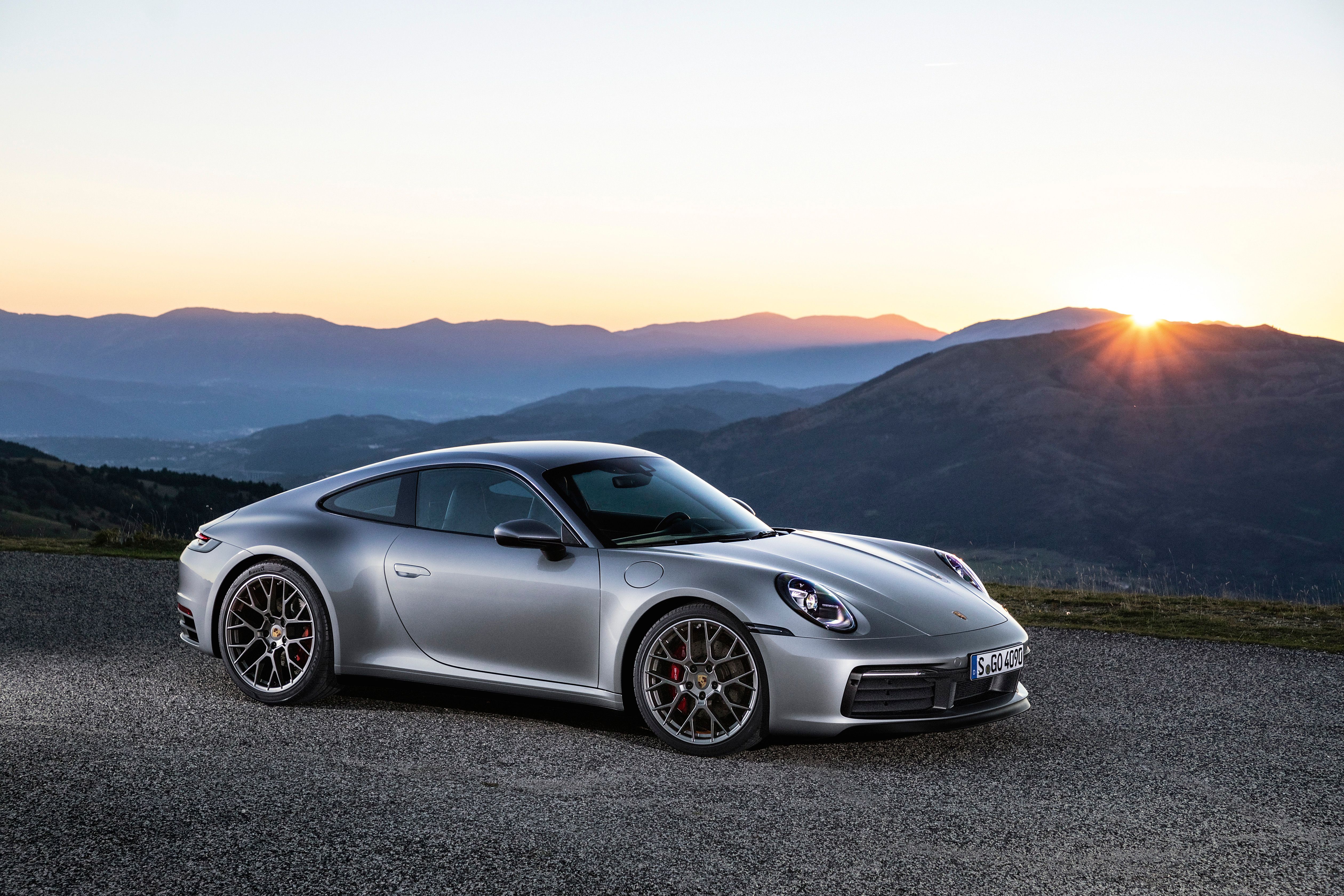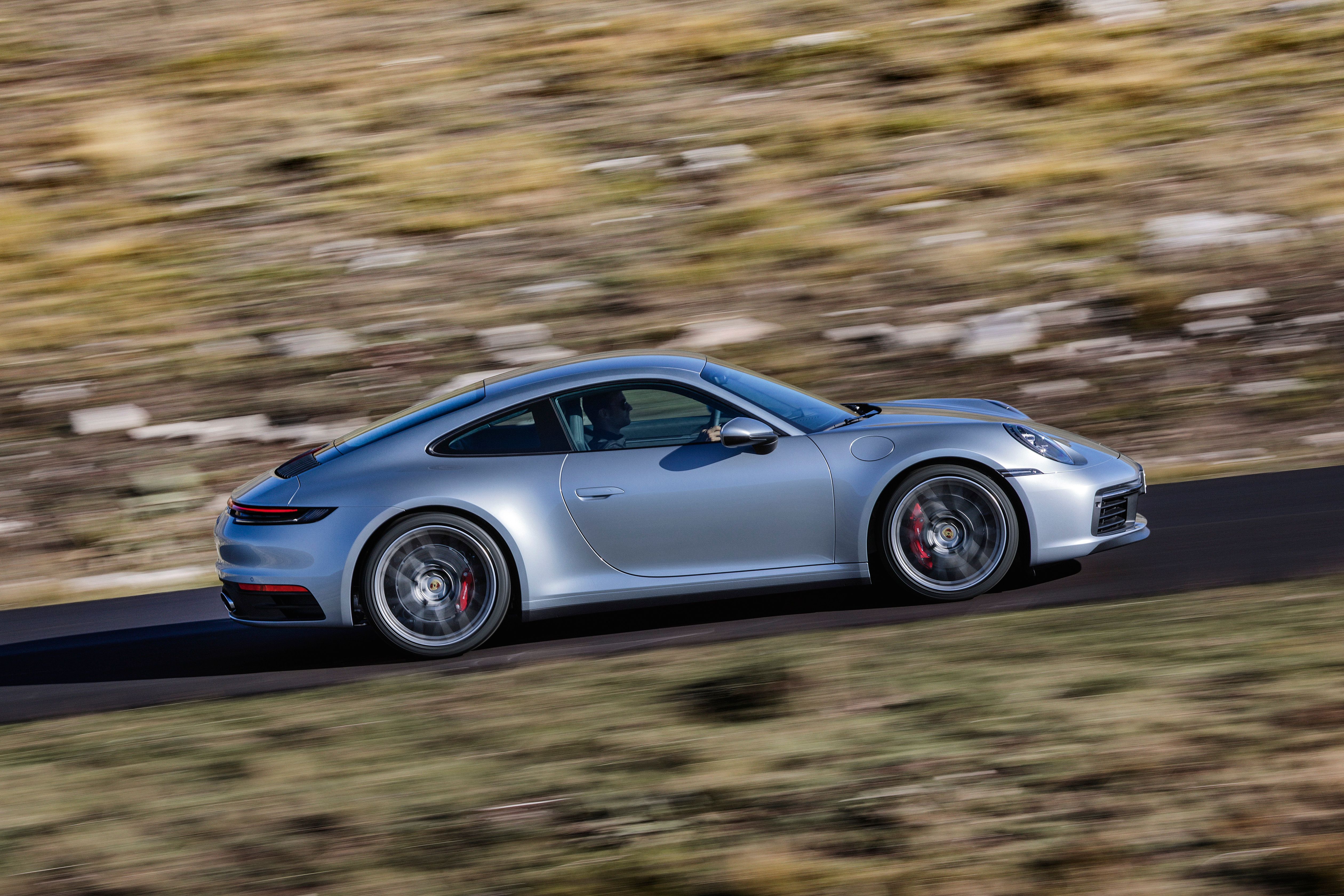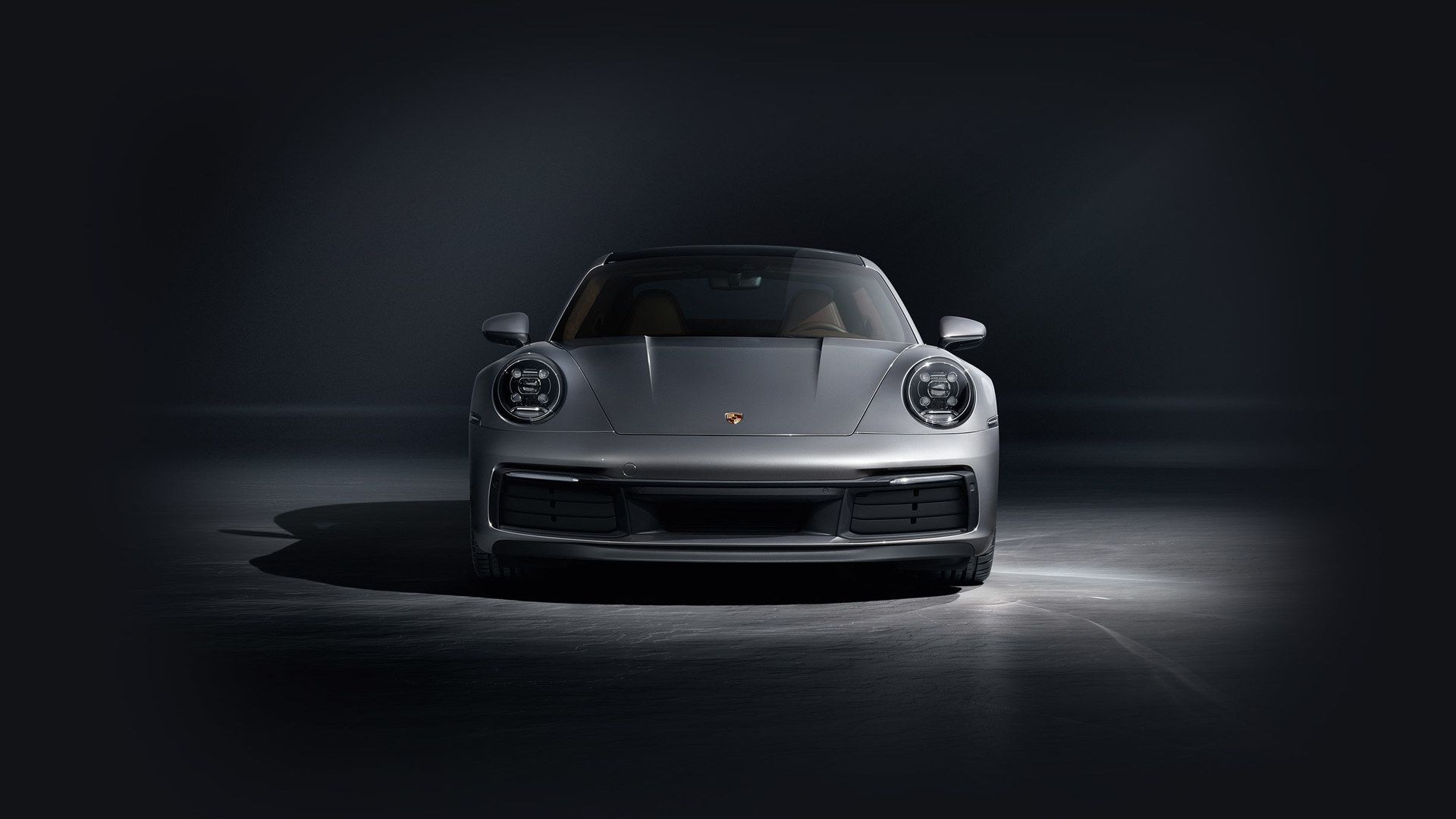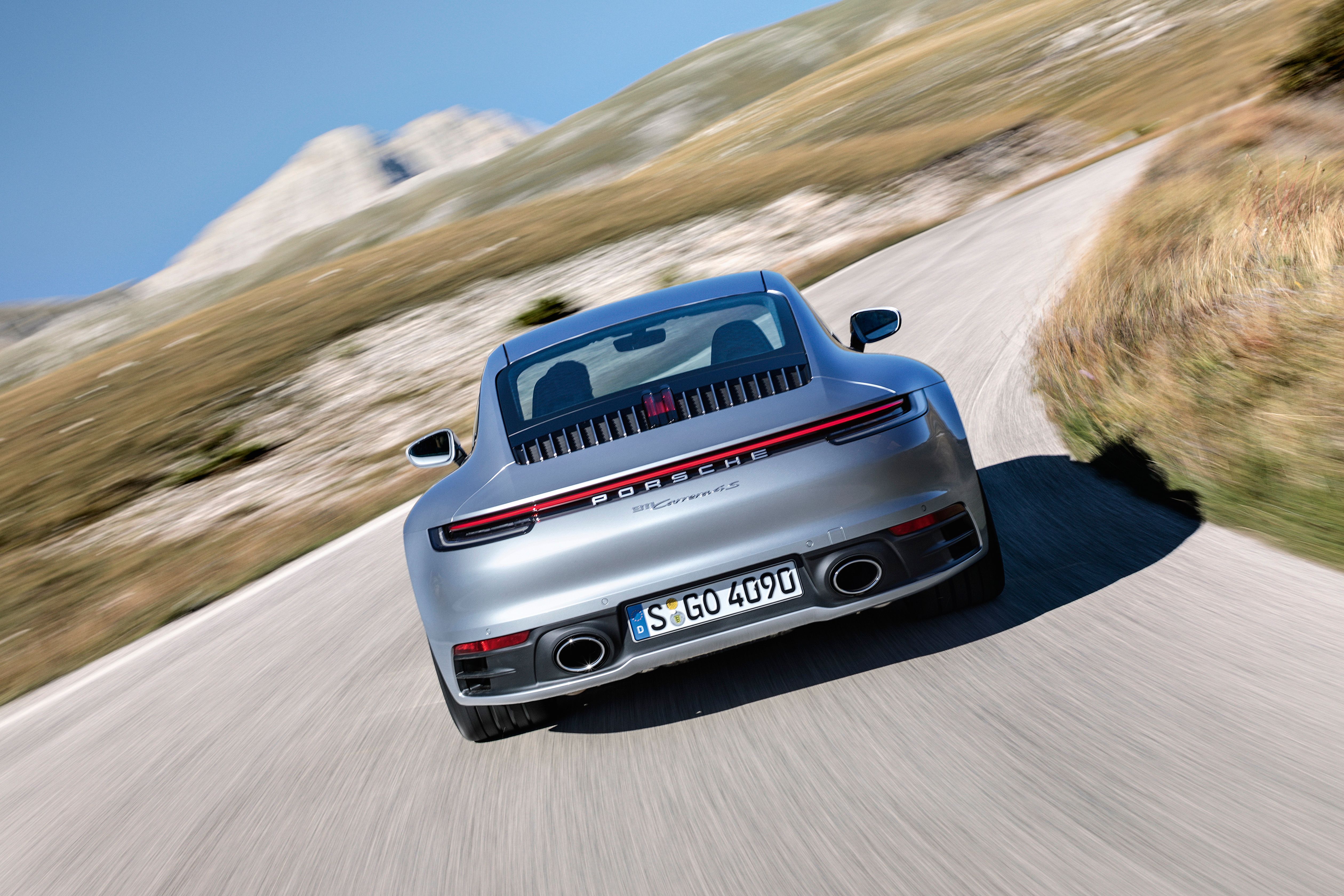It's not even 2019, and we're already talking about the hybridized version of the new 992-generation Porsche 911. Yes, the plug-in model will only be unveiled in late 2020 for the 2021 model but August Achleitner, Porsche's current head of sports car development, has already shed some light on how the German company prepared for this move.
We knew ever since the new 911 was presented to the world at the L.A. Auto Show that it would have some built-in features that would, later on, make the adaptation of a hybrid powertrain simpler. Now, we get a bit of insight of how Porsche is working to fit the battery pack and the electric motors onto the 911s platform.
The 'table' is already set for a plug-in hybrid 911
Porsche took the wraps off the new, wider, and better 992 911 at the L.A. Auto Show where the S and 4S models were presented. However, we knew that, for the 992 generation, Porsche is finally cooking a hybrid version. After all, the now-retired 918 Spyder was a hybrid and Porsche's been playing with hybrid technology on the 911 platform in racing since 2010.
“We’ve taken the experience we gained with hybrid versions of the Cayenne and Panamera, as well as the 918 Spyder, and applied it to the new 911," Achleitner said, quoted by Autocar. "In the future, this will allow us to offer it with pure-electric capability.”
What freed up some space in the gearbox housing is the use of a new gearset that's akin to those that come on the new Panamera and Cayenne. This new gearset is 3.93 inches shorter than the old one which means that there's now enough room for a disc-shaped electric motor.
The AWD system - available on the 4S - has also been tweaked and can now send half of the engine's power to the front wheels. The brake booster is also new and it's fully electric, like on the 918. This means that energy recuperation under braking and acceleration is now better than ever before.
What we don't know, yet, is how potent will the hybrid 911 be. Achleitner was reticent to put lay down any numbers, but he did refer to the Panamera Hybrid as an example of what can be achieved. The company's 4-door coupe sedan has, in its top-end variant, a 135 horsepower electric motor that has a torque rating of 218 pound-feet. Add that to the 5423 horsepower and 568 pound-feet of torque developed by the 4.0-liter internal combustion engine, and you end up with a grand total of 673 horsepower and 626 pound-feet of torque.
The Carrera S or 4S with their 443 horsepower engines wouldn't be a powerful enough base to achieve that combined output unless a new and heavily improved electric motor is installed. Instead, Porsche might, instead, pitch this figure for a hybrid 911 Turbo S model.
In any case, the battery pack that will allow the 911 hybrid to travel for a few miles on electricity alone should be placed up front to balance the heavy engine hanging at the tail end.
Further Reading
Performance Comparison: 2019 Porsche 911 991 vs 2020 Porsche 911 992
Read our full review on the 2020 Porsche 911
Read our full review of the base, 2017 Porsche 911

